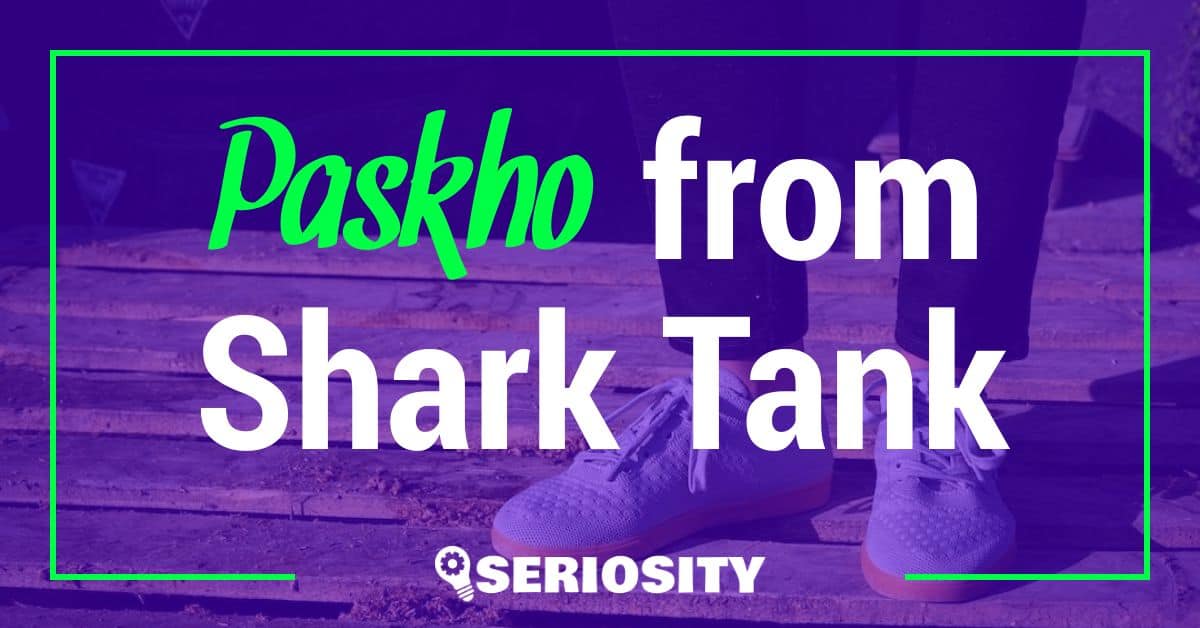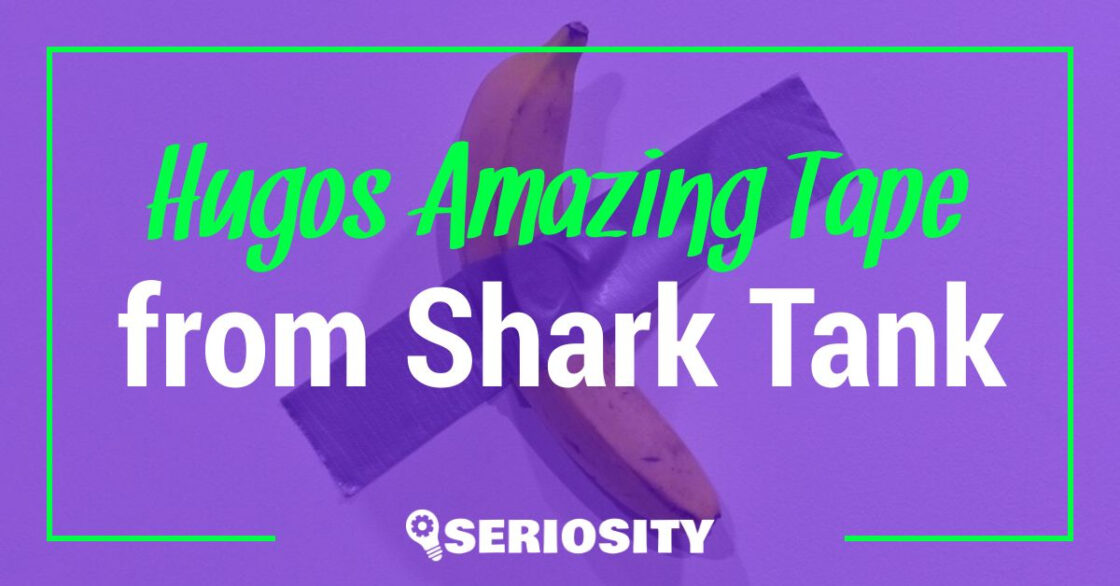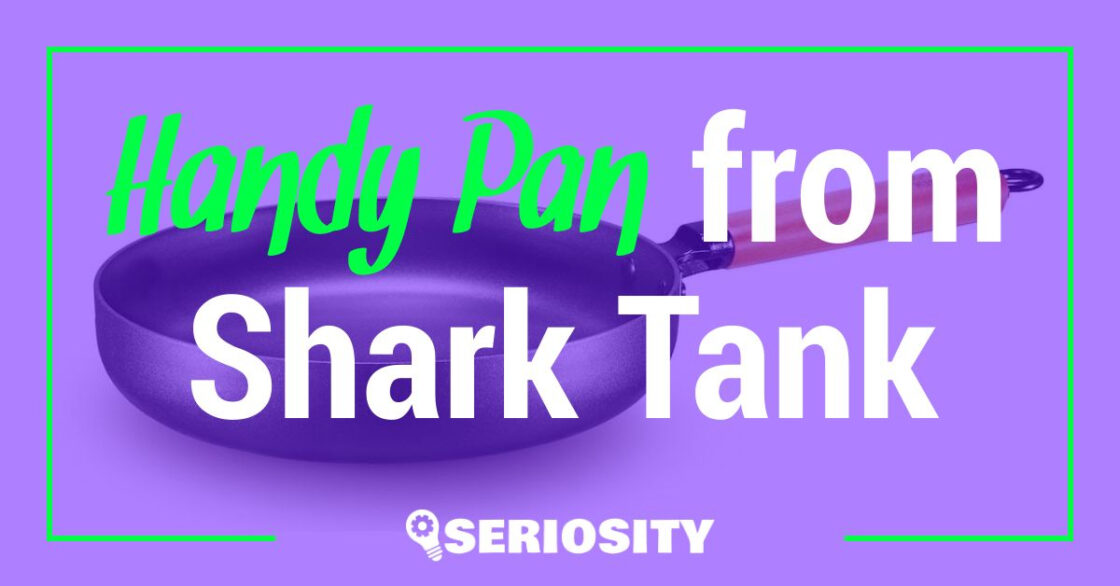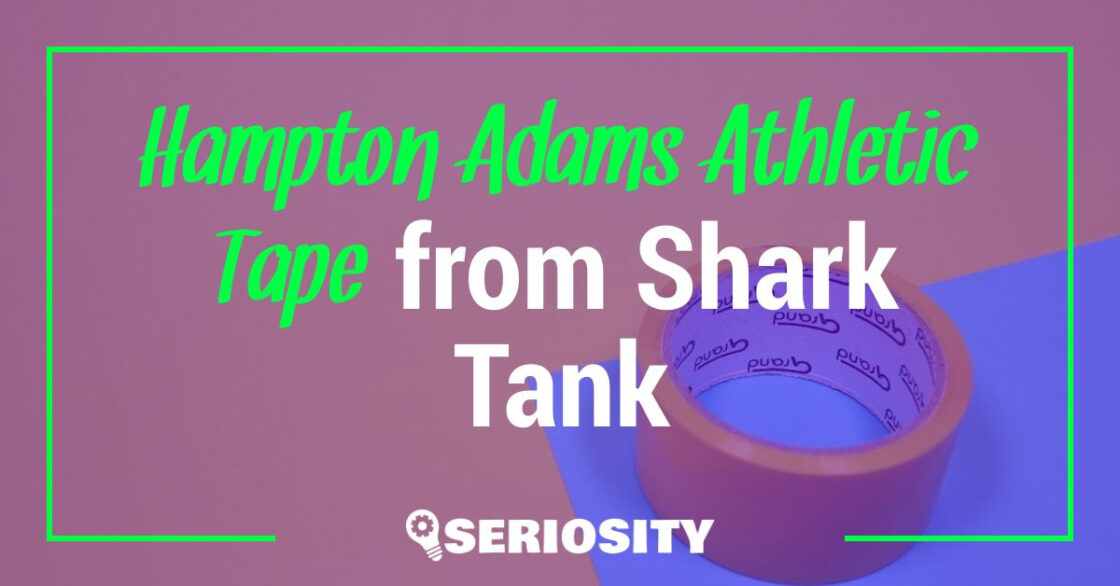Patrick Robinson, former head designer for Target, Giorgio Armani, The Gap, Perry Ellis, and Paco Rabanne, built his company Paskho on thoughtful, holistic designs and principles.
He aims to dedicate this line of clothing to bringing economic opportunities to the unemployed communities in the USA so that he can bring a change through his clothing designs and the impact they make on the world.
The clothes are designed while keeping the customer’s comfort in mind, and their stylish designs feel good to wear, as well as knowing that an American worker was employed in making this item.
What Do They Make?
Paskho is a travel clothing brand designed for high performance and ultimate comfort. The eco-friendly apparel brand is dedicated to revitalizing clothing manufacturing in America, bringing employment opportunities to underserved communities.
What Makes Them Unique?
Community-Made clothing is transforming how clothes are manufactured and sold in the USA. The company is bringing together powerful teams of tailors and seamstresses from underserved communities to make sustainable clothing.
Paskho aims to employ those Americans who get no economic opportunities to lift themselves out of poverty. The company wants to fight for economic and racial justice by bringing jobs to underserved communities.
Are They Still an Active Company?
Paskho has made a very attractive website design that effectively promotes the brand’s story and apparel designs. However, it is still lacking in its efficient advertisement involving social media accounts like Instagram and Facebook.
How Did the Shark Tank Pitch Go?
Patrick Robinson appeared on Shark Tank seeking $500,000 for 2.5% equity.
Patrick started this company to serve struggling and underserved communities in the USA and launched this Community-Made Initiative to bring the manufacturing process back into the USA. The company aims to provide employment opportunities to those stripped of their rights and livelihoods by higher-profit businesses.
Patrick has been around working in the fashion community for a long time, which is why he was doing this for Americans. His business was launched six years ago. The company made $6.7 million in 2019, and Lori was impressed with the quality of the fabric and design.
His manufacturing facility wasn’t available for anybody else but for his own line of clothes. Patrick said that they were building manufacturing pods across the USA. One was already established in New York. The business was not profitable yet, and the average customer acquisition cost was $95. The sales were $1.9 million to date, and the company was hoping to finish the year at $4.5 million.
Patrick further elaborated that they were losing a few million in building and scaling their pods and expanding the business. They were more close to profitability in 2019 when they made almost $7 million.
Emma didn’t understand why the business would drop in revenue in COVID since what Patrick was offering was elevated loungewear, particularly what people were looking for in the pandemic. She couldn’t comprehend why his sales would drop.
Patrick revealed that they hit a “supply chain nightmare” and couldn’t get the inventory that they wanted. They didn’t build “Community-Made” until last year. Mark wanted to know what Patrick did before Community-Made to achieve those $6.7 million sales.
Emma commented that Patrick had a beautiful story around his brand, but either he still didn’t know how to tell it, or the brand wasn’t reaching the right customers who would care about it.
Emma said that when she launched “Good American,” the company started talking about size inclusivity, premium denim, and diversity from day one. That is how they managed to make $1 million in sales in just a week’s run-up. She thought there was a huge miscommunication and disconnection between Paskho and its customers.
Kevin remarked that Patrick was a talented designer, but had he ever tried being the CEO of a manufacturing business? Patrick said no, and Kevin said he could already tell it by the brand’s approach and inability to get its story out there. He was a “pragmatic investor” and didn’t think that the brand’s flame was lit and ready to pour gasoline over it. He went out.
Barbara was next to go out. She said that when Patrick first started his pitch and brought the story to the Sharks, it nearly brought her to tears. She couldn’t understand why it wouldn’t resonate with the masses but agreed that no clarity was associated with the business.
Emma also thought Patrick wasn’t listening to his customers’ words. If he did and matched his obsession with his customer’s obsession, the company would work out very well. She went out.
Lori said that she had never built a clothing line before and didn’t know how to help Patrick. She went out as well.
Mark agreed with Emma that Patrick didn’t know how to sell his products. He insisted that Patrick should use social platforms like TikTok to promote his brand rather than using techniques used almost five years ago. He wasn’t going to invest.
Patrick left Shark Tank with no deal.
Our Review of Paskho
Paskho is a great brand that offers you some of the finest materials available in pants and travel apparel, all the while giving you a chance to help the underserved and unemployed communities of America as you support the brand.
Pros of Paskho
- A great story and noble cause around the fashion apparel
- Comfortable design and extremely soft material of pants.
Cons of Paskho
- Lack of efficient customer services
- The pants are a bit overpriced compared to other market options.
Who Is Paskho For?
Paskho is a great brand that you can support if you are searching for comfortable and soft travel apparel and want to support a business that manufactures its products in the USA.
Are There Any Alternatives?
- Goodwear USA Clothing
- American Trench
- All American Clothing Co.
Our Final Thoughts:
Patrick came up with a noble idea and offered some great, comfortable designs for his brand. His additional experience in the fashion industry is a huge reason why his products can work very well. The only disadvantage here was that he didn’t know how to sell his products, and given that it was just a matter of time when he would finally get a hold of that department, Paskho would definitely reach new heights in the world of fashion.





